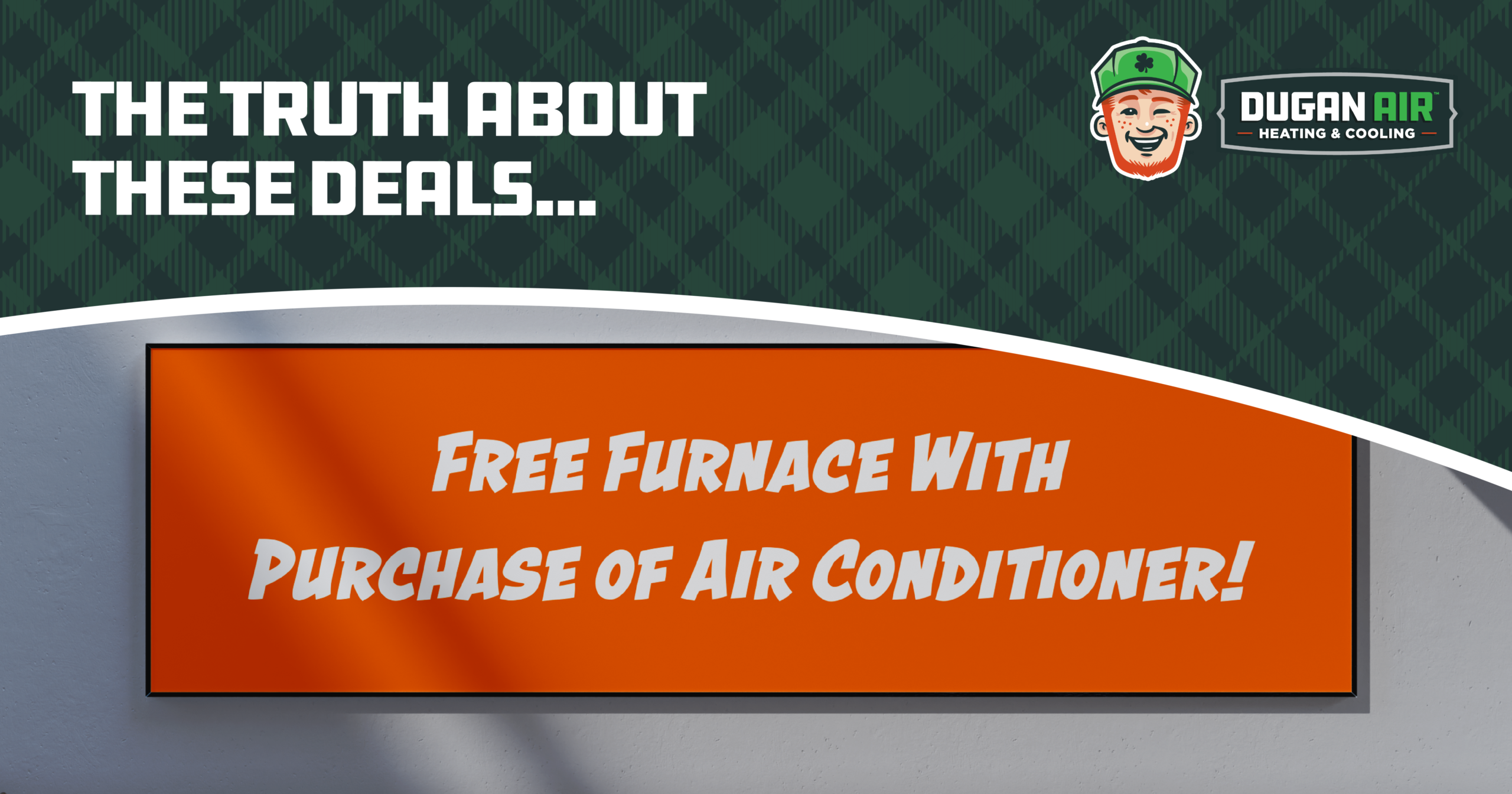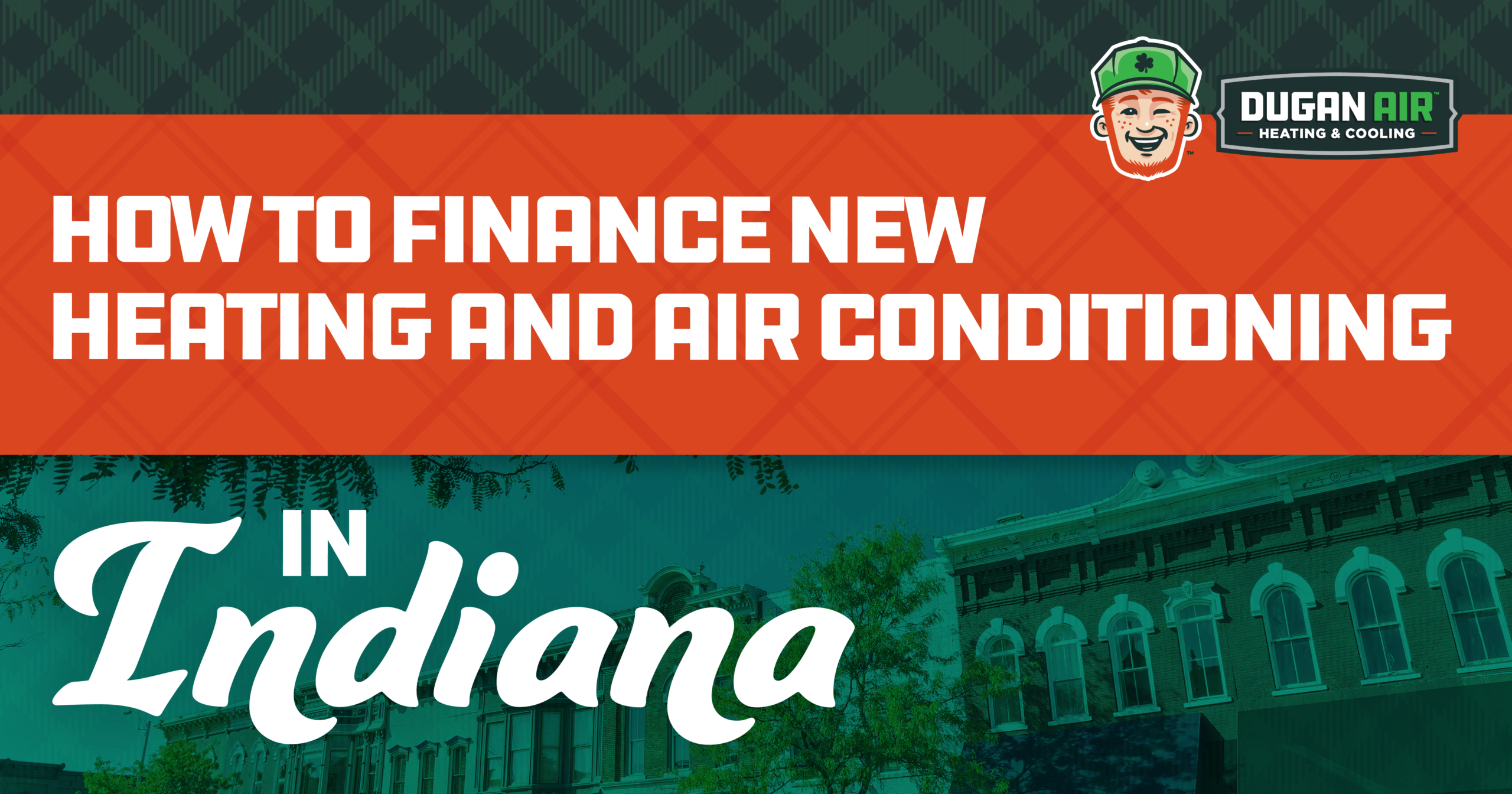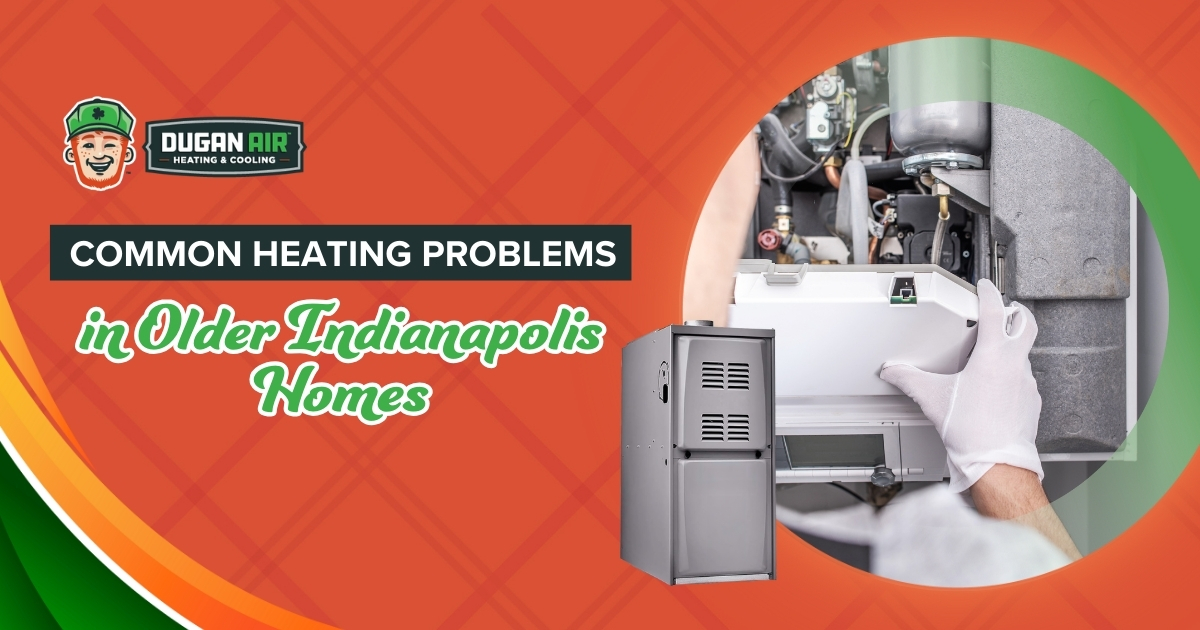What Voids an HVAC Warranty? Avoid These Mistakes

Investing in a new HVAC system is a major decision for any homeowner. Along with comfort and energy efficiency, peace of mind often comes from the manufacturer’s warranty — your protection against costly repairs and defects. But many don’t realize that HVAC warranties come with conditions, and violating them can leave you without coverage when you need it most. At Dugan Air, we want to help you avoid expensive surprises. In this guide, we’ll break down what voids an HVAC warranty, what manufacturers typically require for coverage, and how to make sure you stay protected.
Why HVAC Warranties Matter More Than You Think
HVAC systems are complex machines with high-cost components like compressors, evaporator coils, and blower motors. If any of these fail prematurely, leaving something like an AC unit running constantly, AC repairs or replacements can cost hundreds or even thousands of dollars.
A warranty protects you by covering these parts under certain conditions, usually for 5 to 10 years, and sometimes even longer. But this safety net only works if you follow the manufacturer’s rules. One slip-up could mean the difference between free repairs and a hefty bill.
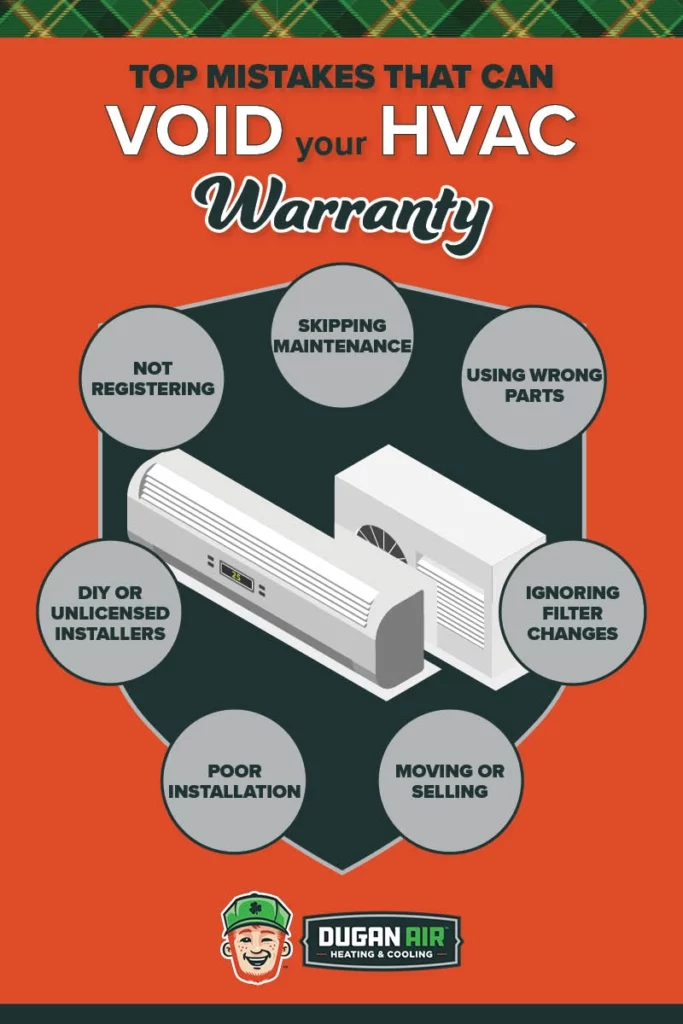
Top Mistakes That Can Void Your HVAC Warranty
Here are the most common ways homeowners unknowingly void their HVAC warranties:
- Failing to register the warranty: Many manufacturers require you to register your HVAC system within a specific timeframe (usually 60 to 90 days) after installation. Failing to register may reduce or cancel the warranty period.
- Skipping regular maintenance: Most warranties require proof of annual maintenance performed by a licensed professional. Neglecting this step gives manufacturers a reason to deny your claim, even for parts that should be covered.
- Using unlicensed installers or DIY work: If your system is installed by someone who isn’t licensed or certified, your warranty is likely void from day one. Always hire professionals like the team at Dugan Air to ensure your system is installed correctly and within warranty guidelines.
- Not using approved replacement parts: If your system requires a repair and a technician uses non-OEM (original equipment manufacturer) parts, the warranty may no longer apply. Manufacturers expect you to use approved parts for the system to function properly.
- Improper installation: Even if a licensed contractor installs your system, sloppy or incorrect installation — like mismatched indoor and outdoor units, poor ductwork, or bad electrical connections — can void the warranty. That’s why it’s essential to choose a trusted installer with a proven track record.
- Moving or selling the home: Many warranties are not transferable, or they may only transfer once with reduced coverage. If you move or sell your home, make sure to check the terms of the warranty to avoid losing coverage.
- Neglecting filter changes or indoor air quality: Some manufacturers may require evidence of routine filter changes as part of maintenance records.
What Manufacturers Typically Require for Warranty Coverage
While each manufacturer is different, most HVAC warranty agreements have a few key expectations in common:
- Timely product registration (usually within 60-90 days).
- Installation by a licensed HVAC professional.
- Regular maintenance, often annually, with documented proof.
- Use of authorized replacement parts.
- Adherence to local codes and installation best practices.
- Operation under normal residential conditions.
Failing to meet any of these requirements gives the manufacturer the right to deny a warranty claim, even if the part failure isn’t your fault.
How to Make Sure You Stay in Warranty Compliance
Here are steps every homeowner should take to ensure full HVAC warranty protection:
- Register your warranty promptly: As soon as your system is installed, fill out the manufacturer’s registration — either online or by mail. Keep a copy of the confirmation for your records.
- Schedule annual maintenance: Partner with a reputable company like Dugan Air for a maintenance plan. This will keep your system in top shape and provide the documentation needed for warranty compliance.
- Use licensed technicians only: Always verify that your HVAC contractor is licensed, insured, and experienced with your specific system brand and model.
- Keep all records: Keep all receipts, service reports, and installation paperwork. You may need them if you ever file a claim.
- Follow manufacturer recommendations: Review the owner’s manual or warranty booklet that comes with your system. It contains key maintenance and usage guidelines that affect your coverage.
- Check before you move: If you’re selling your home, find out if the warranty can transfer to the new owner. If so, follow the process carefully to ensure it remains valid.
Stay Protected with Dugan Air
At Dugan Air, we don’t just install and repair HVAC systems — we help you protect your investment. Our team of licensed professionals ensures that every installation meets manufacturer standards so you can enjoy full warranty coverage and lasting comfort.
Want to stay worry-free? Ask us about our preventative maintenance plans, which keep your system running efficiently while meeting all warranty compliance requirements.
Call us today or schedule an appointment online to keep your HVAC system — and your warranty — intact.
Frequently Asked Questions
Does installing a thermostat yourself void the HVAC warranty?
Installing a thermostat yourself can void your HVAC warranty if it’s done incorrectly or the thermostat is incompatible. To stay covered, use a licensed professional and a manufacturer-approved thermostat.
Can I perform my own HVAC maintenance to stay in warranty compliance?
No. Most warranties require a licensed HVAC technician to perform maintenance to ensure quality and documentation.
What happens if I forget to register my HVAC system?
You may still have basic coverage, but many manufacturers reduce the warranty length significantly — sometimes by half — if you don’t register within the required period.
Can weather-related damage void my HVAC warranty?
Yes. Storm, flood, or lightning damage is typically not covered under standard warranties. Instead, it may be covered under homeowners’ insurance. Talk to your provider to find out if you’re covered.
Can I buy extended warranty coverage?
Yes. Many HVAC manufacturers and installers offer extended warranties that cover labor and parts for up to 10–12 years.
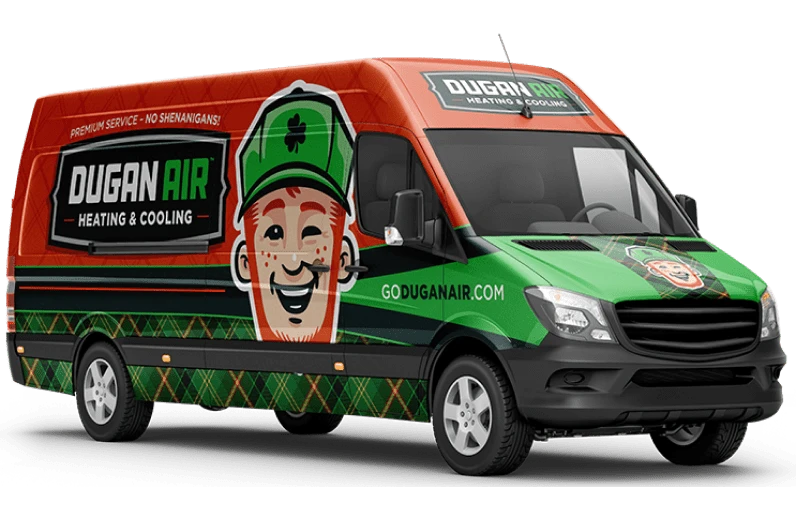
HOW CAN WE HELP?
Request Service Mobile
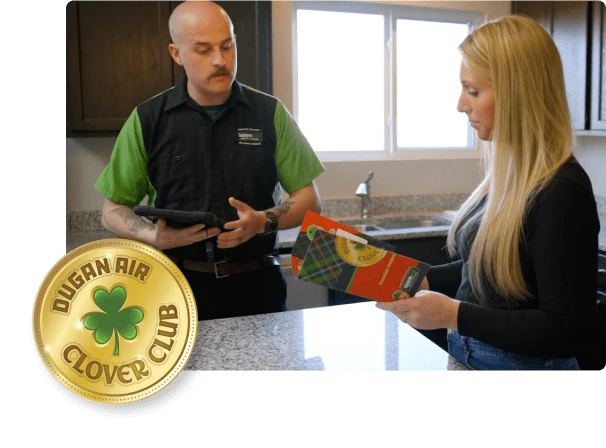
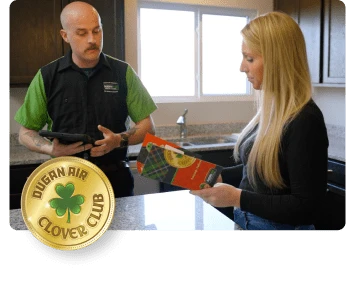
Join Our Premium Clover Club
Take Advantage of Our HVAC Maintenance Plan
Have you ever wondered if a service plan is really the pot of gold it’s rumored to be? Trust us — ours is! Signing up for a Premium Clover Club membership includes the following perks:
- Annual heating and cooling checks
- Discounts on repairs and parts
- Waived service call and overtime fees
- Priority scheduling
- Peace of mind
 Upgrade Today: $2,009 Buy-Back Credit for Your Old AC & Furnace! Financing Available!
Upgrade Today: $2,009 Buy-Back Credit for Your Old AC & Furnace! Financing Available!


